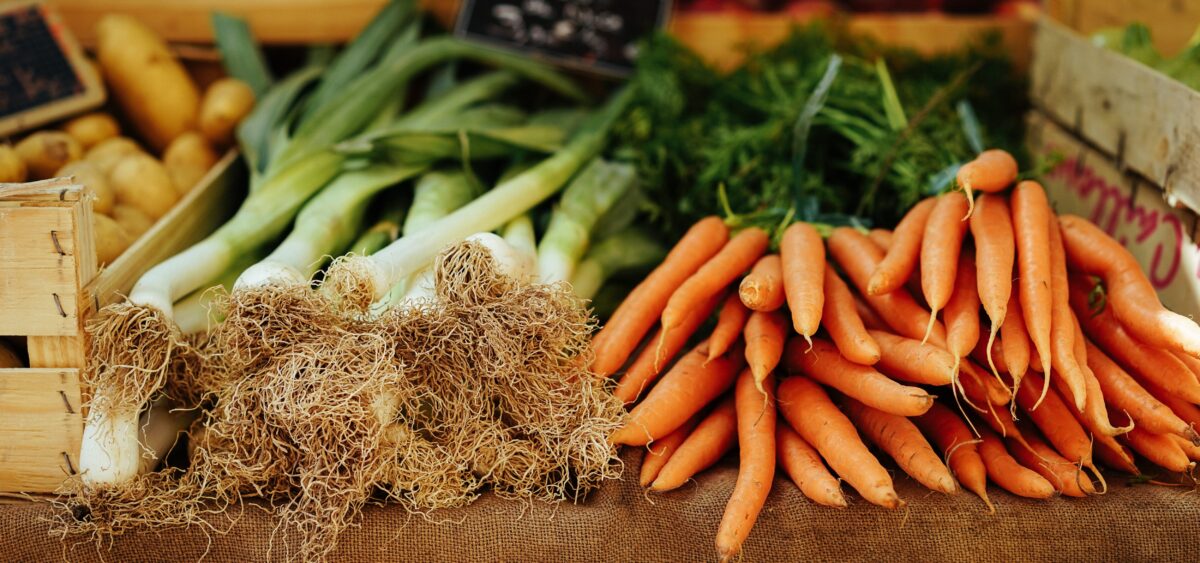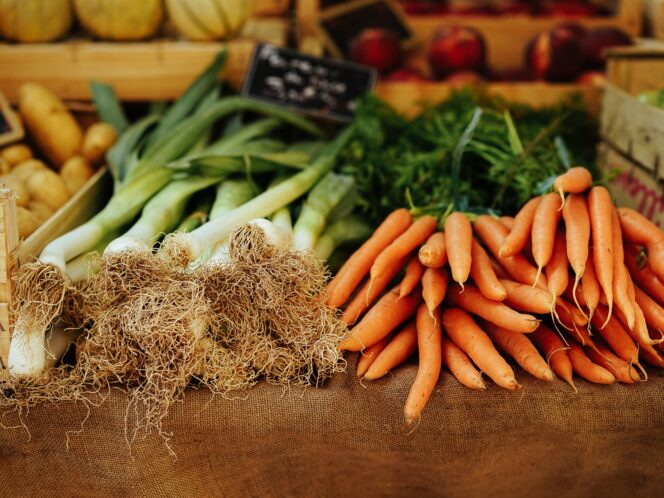Imagine that instead of buying processed food from a supermarket, you go to a garden and choose your own tomatoes; while there, you meet people who offer you a slice of rhubarb cake. This is how shopping looks in some food cooperatives—and it’s how the world could look, too . . .
The main advantages of food cooperatives are access to healthy and fresh foodstuffs, the shortest possible supply chain, direct contact with the farmer, community building, and learning to compromise. The cooperatives rely on trust, personal commitment, joint effort, and faith in the belief that supporting producers helps build a better world. Participation in a cooperative is also a genuine counter to the current food system. It demonstrates alternative ways to obtain food, which are closely linked to values such as respect, responsibility, balance, and moderation.









